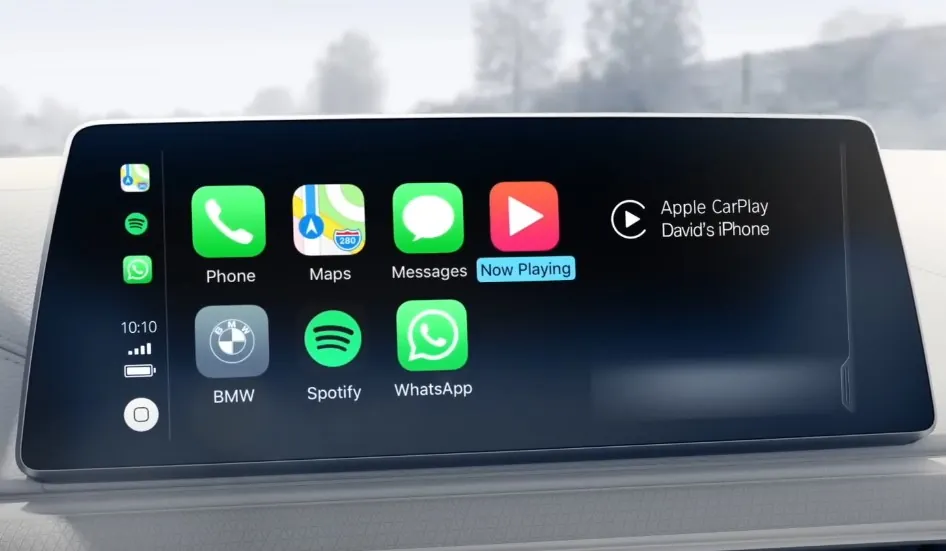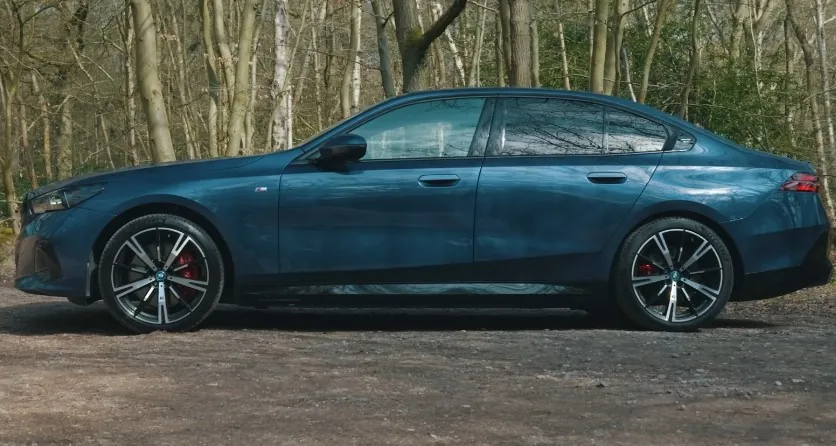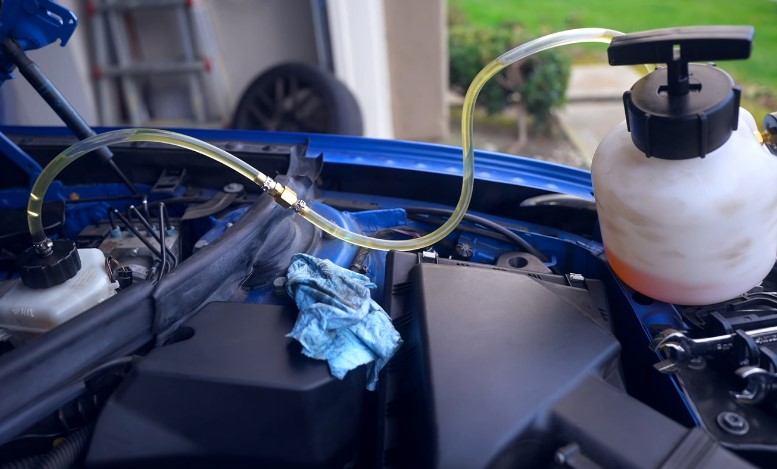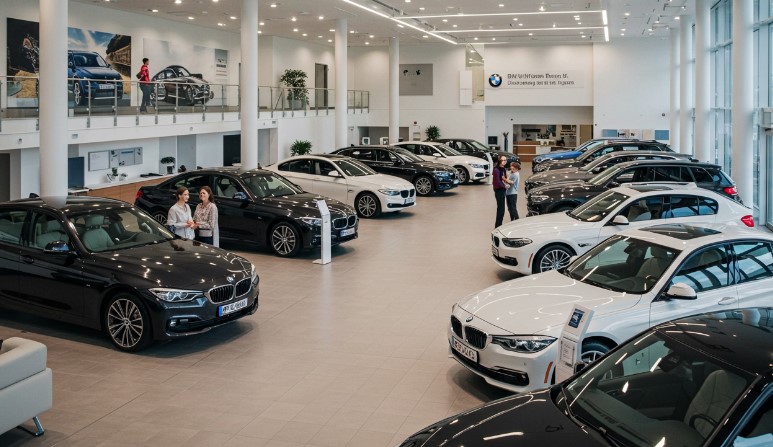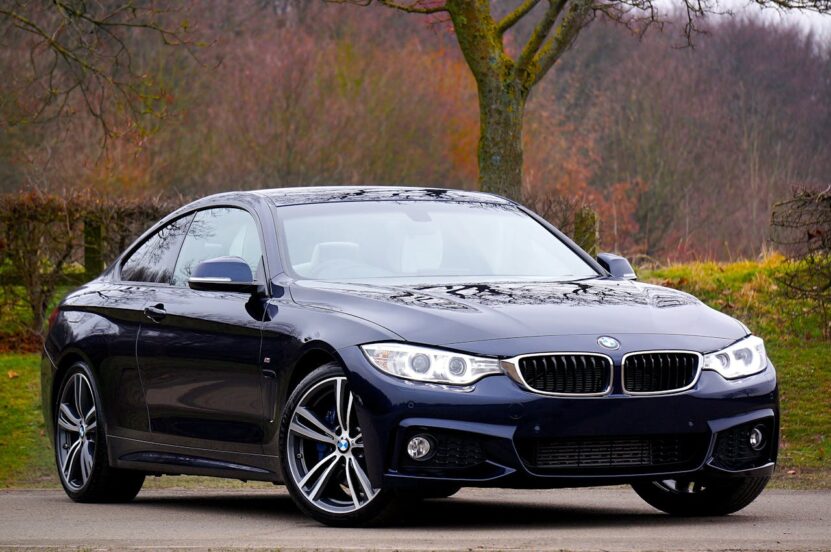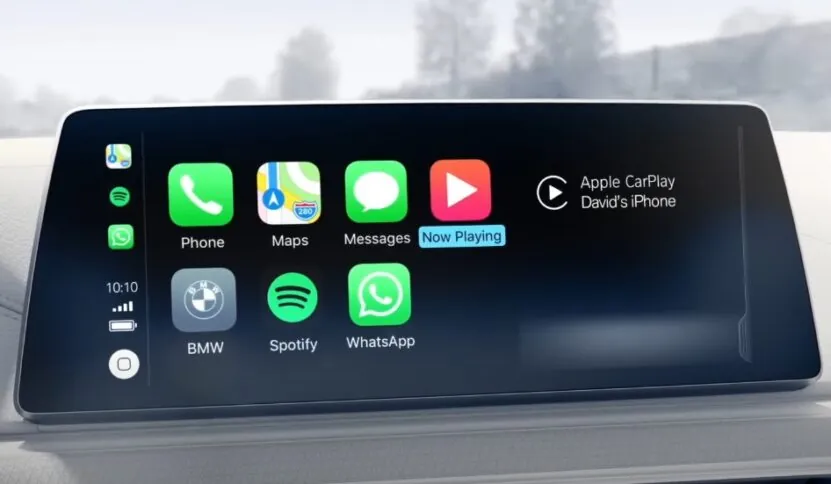
Share Post:
When you decide to buy a car, you are faced with a big financial decision, and the biggest question you are dealing with is whether to lease or buy it. Each of these two options has its advantages and disadvantages, and you will choose depending on preferences, financial situation, or lifestyle.
In order to make the right decision, it is very important that you understand the difference between these two options and the long-term implications of each of them.
Table of Contents
ToggleWhat Does It Mean to Lease a Car?

When we are talking about leasing a car, you can consider that as a long-term rental. Instead of buying the car and paying the whole amount at once, you agree to pay monthly installments, usually from 2-4 years. When the lease period is over, you have two options, either to return the car to dealerships or as a second option you can buy a car at the end of the lease period.
Leasing is popular with many people because it makes getting a car more affordable than buying one upfront. It’s especially appealing with options like auto loans or installment loans like Rise Credit, where lower interest rates can help with some of the ongoing costs.
However, the downside is that you don’t actually own the car, and there are usually strict mileage limits on how much you can drive.
What Does It Mean to Buy a Car?

You have two options when you are buying a car. You can either pay the whole amount or finance it with an auto loan. If you decide to take out the loan, you will need to make monthly payments until you fully pay off the car.
For instance, if you’re looking for a luxury vehicle without breaking the bank, there are affordable options like the 10 cheapest BMW models you can buy.
When you pay it off, you will become the owner of the car. When you buy the car you become full ownership of it, which means you can use the car as long as you want and you can do all modifications on it, or whatever you choose to do.
The Pros and Cons of Leasing a Car

Below are mentioned pros and cons of leasing a car:
Pros of Leasing
- Lower Monthly Payments: When you choose to use the option of leasing a car, it requires a lower monthly payment than buying a car. This is a better option for those with a tighter budget and who prefer to drive new cars with the latest technology.
- Driving a New Car: This option allows you to drive a new car every few years. If you take into consideration that leases are usually shorter, you can select a newer model frequently without the hassle of selling or trading in a used car
- Lower Repair Costs: Most of the cars that are leased are under warranty as long as the period of the lease lasts, and you do not need to worry about repair expenses. You will probably need to pay for the routine maintenance, but most of the significant repairs are covered by leasing.
- Tax Benefits for Businesses: When you are leading a car for a business, you can also get some tax benefits. Some or all lease payments may be tax deductible, depending on how much the car is used for business purposes.
Cons of Leasing
- No Ownership: The biggest problem with leasing a car is that you do not own it. This means that after years of making payments for it, you will need to return the car.
- Mileage Limits: This can be considered as the biggest disadvantage. Leases have restrictions regarding the mileage and you can travel around 10,000 to 15,000 miles per year. Additional miles will be charged to you.
- Customization Restrictions: You are not able to do any modifications on the car as you do not own it. This could be a big disadvantage for the people who like to personalize the car.
- Higher Long-Term Costs: Over the long run, leasing can be more expensive than buying. If you lease a new car every few years, you’ll always have monthly payments, whereas buying a car allows you to eliminate that expense eventually.
The Pros and Cons of Buying a Car
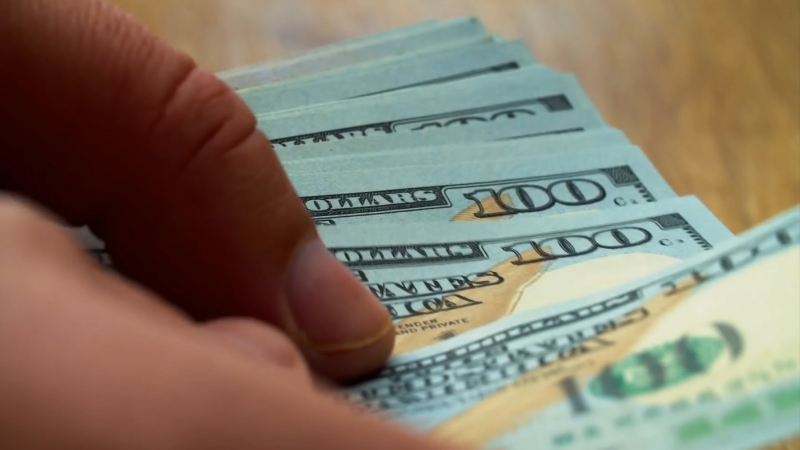
Here are the pros and cons of buying a car:
Pros of Buying
- Ownership: Once you’ve paid off your loan, you own the car outright. You can keep it for as long as you want, sell it, or trade it for a new vehicle. This allows you to customize the car to your preferences.
- Building Equity: When you buy a car, each payment you make builds equity in the vehicle. Over time, your car will have resale value that can be used toward purchasing your next car or other financial needs.
- Long-Term Cost Savings: Although buying a car usually involves higher monthly payments than leasing, once the loan is paid off, you’ll no longer have to make payments. This can save you a significant amount of money in the long term.
Cons of Buying
- Higher Monthly Payments: Buying a car typically requires higher monthly payments than leasing, especially if you’re financing the purchase with an auto loan. This can challenge individuals who want to keep their monthly expenses low.
- Depreciation: Cars lose value over time, and the moment you drive a new car off the lot, it depreciates significantly. While buying a car gives you ownership, it also means you’re responsible for the loss in value as the car ages.
- Maintenance Costs: As your car ages, it’s more likely to need repairs, and once the warranty expires, you are responsible for these expenses. This can add up over time and reduce the long-term savings of buying a car.
- Upfront Costs: Buying a car often requires a larger down payment than leasing. If you’re financing the purchase, you may also face higher interest rates, depending on your credit score and loan terms.
Final Words

The decision to lease or buy a car ultimately comes down to your preferences, lifestyle, and financial situation. If you prioritize lower monthly payments, driving the latest models, and avoiding long-term commitments, leasing may be your better option.
However, buying a car could be the wiser choice if you want to build equity, avoid mileage restrictions, and save money over time.
Related Posts:





